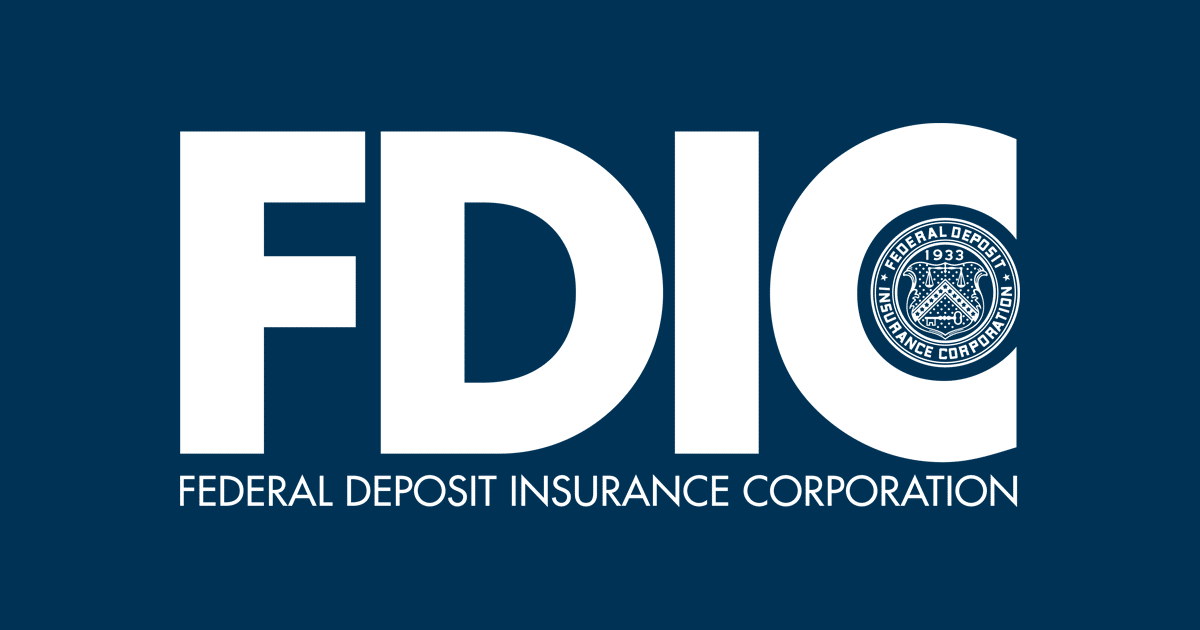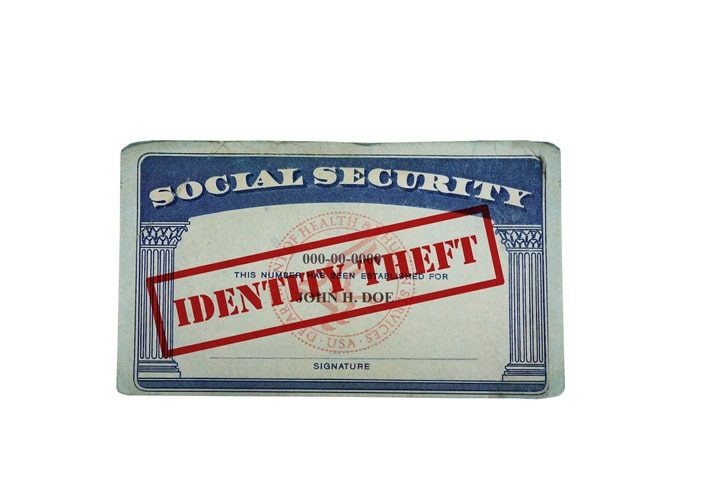One of the most important factors in determining where to keep your cash deposits is Federal Deposit Insurance Corporation (FDIC) insurance. The FDIC is an independent United States government agency that protects depositors up to specified insurance limits in the event of a bank failure. Below we discuss what you need to know about FDIC insurance.
What You Need to Know
- The most important thing to know is if the bank where your money is being held is an FDIC-insured bank.
The FDIC website has a very handy tool that allows you to research if your bank is an FDIC-insured bank. You can use the tool here.
- FDIC insurance does not cover all investment assets. Coverage is only extended to the following:
-
- Checking accounts
- Savings accounts
- Certificates of Deposits (CDs)
- Money Market Deposit Accounts (MMDAs)
- Negotiable Order of Withdrawal (NOW) accounts
- Cashier’s checks, money orders, and other official items issued by a bank
Investment assets such as mutual funds, ETFs, stocks and bonds, among others are NOT covered by the FDIC.
- Depositors do not need to apply for insurance. However, it is important to determine if the level of your deposits is secured. The standard FDIC insurance amount is $250,000 per depositor, per insured bank, per type of insurable account. If there are two co-owners, the coverage limit extends to each co-owner, or $500,000 combined for two account owners.
- You can exceed coverage of $250,000 per depositor in two ways:
-
- Owning accounts at multiple banks.
- Owning accounts in different ownership categories. Such categories include:
- Single accounts
- Joint accounts
- IRA accounts
- Revocable Trust accounts
- Corporate, partnership and unincorporated association accounts
- Irrevocable trust accounts
- Employee benefit retirement plans
- Government accounts
Again, the FDIC website tool allows you to calculate how much of your deposits are FDIC insured and how much are uninsured.
Ultimately, it is important to assess whether your bank deposits are covered by the FDIC, and if they aren’t, what steps you may want to take to ensure you are not left uninsured. At SageVest, we review all aspects of your finances. We are always available to help determine if your bank deposits are FDIC-insured, and if you’re earning respectable interest rates to maximize your wealth potential.




